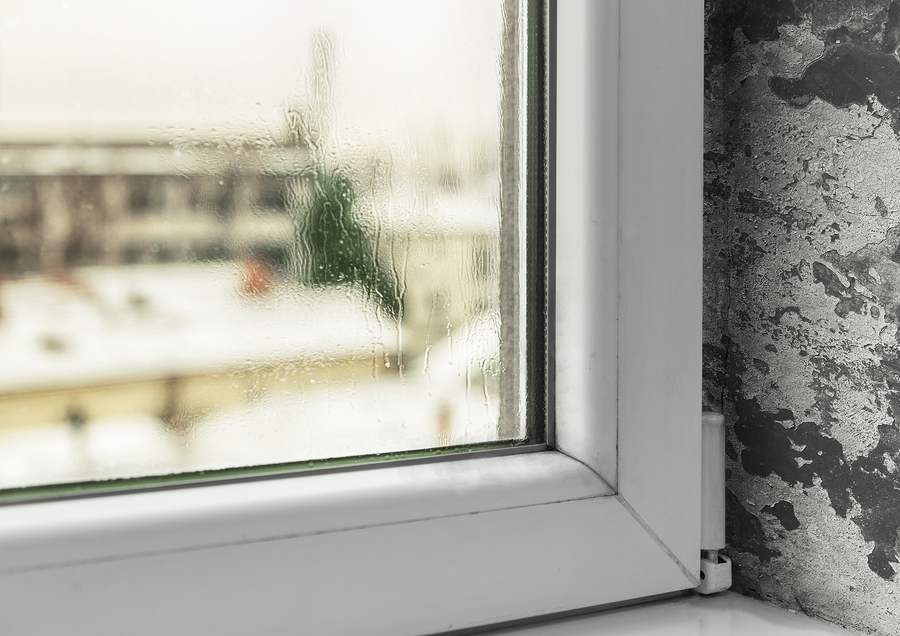Sleep apnea can be a frustrating condition that causes your breathing to temporarily stop or become shallow, frequently interrupting your sleep. While a CPAP solves obstructive sleep apnea, adjusting to the continuous positive airway pressure (CPAP) poses a challenge for some patients. This is due to a myriad of reasons, including an inability to keep the mask on throughout the night, CPAP dry mouth, or an improper fit.
Fortunately, there are solutions to most of these problems. After you make a few adjustments, you’ll likely be able to find the CPAP that is right for you and achieve the good night’s sleep you deserve.
Below are the most common CPAP machine problems.
Improper Fit
There are many styles of CPAP masks. Finding which suits you best is essential to your success in getting used to the machine. Some CPAP masks cover your full face, while others feature more delicate nasal pillows that rest under your nose.
The larger masks are more sturdy and tend to be a better option for people who move around a lot in their sleep, have trouble keeping the mask on throughout the night, sleep on their side, or breath through their mouth. However, the smaller nasal pillows are a good option for people who have minimal movement in their sleep, sleep on their backs, and who like to read or watch TV while wearing their CPAP, as the larger masks may obstruct eyesight.
While getting used to the mask, try wearing it for brief periods of time while awake. Make sure to wear it daily as neglecting to wear it consistently can delay your ability to adjust to comfortably wearing the machine.
You should not have to constantly tighten your mask in order to prevent air leakage. Speak to your NYC sleep doctor about finding a new size if this sounds familiar, as this problem can also cause dry eyes.
CPAP Dry Nose or Mouth
Dry nose or mouth can be a matter of your body adjusting to the new device, but it may also indicate that you need a different style or fit. If your nose or mouth feel dry, you may want to look into a CPAP device that includes an adjustable heated humidifier.
For a dry nose, try using nasal spray before applying the mask. For CPAP dry mouth, a full-face mask may be a better option than the nasal pillows. Also, consider a CPAP device with a chin strap. This will assist in keeping your mouth closed through the night, and will likely reduce CPAP dry mouth symptoms.
Inability to Fall Asleep
It can be difficult to adjust to this new way of sleeping for a variety of reasons. Most new models of CPAP machines are near-silent. If it is making excessive noise, check the air filter to make sure it isn’t blocked. If the noise is still bothersome, you may want to try wearing earplugs or investing in a white noise machine to drown out the CPAP noise.
Avoid caffeine and alcohol before bed, and do your best to maintain a healthy diet and exercise routine.
Be aware that it will take time to get used to the CPAP. Make sure you are relaxed and tired when you go to bed. Consider using the “ramp” feature, which will gradually increase air pressure to your prescribed setting, easing you slowly into the higher levels of pressurized air.
Headaches
Headaches can occur from a variety of reasons. It may be because the pressure is too high or too low, in which case you will need to meet with your sleep doctor to decide on a different setting. If you are sensitive to sinus headaches, you may want to stray from nasal pillows, as this style can clog the sinuses. Lastly, a mask that does not fit properly will cause headaches because of unnecessary pressure or discomfort.
Adjusting Your Machine to Avoid CPAP Dry Mouth
From questions about sizing and styles to air pressure levels, consult Dr. Shukla for a professional opinion. Make sure you research breathing conditions to ensure the highest quality of assistance.
Dr. Mayank Shukla is Board Certified in Sleep Medicine and has treated thousands of adults who suffer from asthma, sleep disorders, and allergies. If you live in the New York City area and have questions about sleep apnea or CPAP machines call (917)-924-6383.

